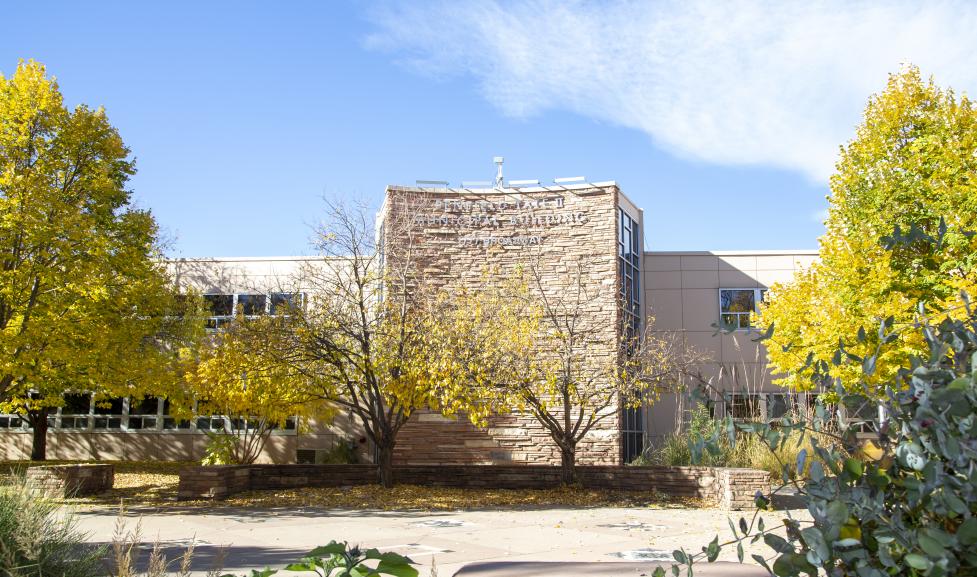
Whether through the genius of federalism or the gridlock of a do-nothing Congress, the decisions of local politicians have far greater impact on most residents’ lives than national offices.
But local politicians face unusual expectations that their professional work should not be professionally compensated. In Boulder, city council members are paid approximately $250 per meeting, amounting to less than $13,000 per year.
Question 2C would raise the pay of the city council members from the “side gig” range to “part-time” range. After the 2026 election, council members would make 40% of the Area Median Income (around $40,000 in 2024) and the mayor would make 50% of AMI (around $51,000).
There are many good reasons to support increasing pay for city council, including attracting candidates, reducing corruption and improving accountability. I want to focus on two specific reasons: aligning responsibilities and diversifying representation.
The responsibilities of council members have exploded in scale and complexity from the public service fraternity of yore. Council members digest hundreds of pages of materials every week to support their work inside chambers as well as performing a variety of roles outside chambers.
If you have ever been upset that council members do not respond to emails or consecrate more community events with their attendance, you already recognize the failures of the current council pay model. Professional service expectations require professional compensation levels: One cannot eat civic duty.
While executive compensation in the corporate sector has become grotesquely disconnected from either firm performance or employee pay, it nevertheless helps us calibrate how the council pay proposal stacks up to the “real world.”
Boulder’s city government is run as a council-manager model: City council is like a board of directors that hires a CEO (the city manager). The average compensation for a board director of S&P 500 companies in 2024 was $327,096, or more than eight times Question 2C’s proposal of $40,000.

Got a different take?
Send it to letters@dailycamera.com
The total 2024 compensation for all nine council members under Question 2C would have been roughly $370,000, or around 0.1% of the city’s $374 million operating budget. Question 2C is a profound bargain for compensating our leaders for the complex and important work they do.
The second reason to vote ‘yes’ on 2C is to diversify representation on the council. There are many identities that are under-represented on council, but one identity that is particularly hard to ignore is class.
Do you have a boss? Because seven of our nine citizen legislators do not. In their 2024 financial disclosures, three council members (Brockett, Marquis, Wallach) reported not being employed and four members (Adams, Benjamin, Schuchard, and Winer) reported being self-employed.
The demands of being a city council member make it difficult to hold a normal nine-to-five job. But the current lack of substantive compensation ensures that only financially independent candidates can afford to run for council. This bias absolutely shapes the decisions council makes about the lives of Boulder residents.
Nowhere is this more salient than council’s recent and regrettable decision to reject a proposal for a 15% increase in the city minimum wage. The five votes for a lower 8% wage increase were drawn from this set of retired and self-employed members.
Perhaps we should not be surprised that a council composed of owners sided with other owners to keep Boulder’s minimum wage the lowest of any municipality that’s enacted a local minimum wage in the state. But a council that paid enough to allow more working people or renters or people under 40 or people of color to serve on it would probably have made a different decision.
Nevertheless, council asking voters for a raise weeks after rejecting a raise for voters is absolutely terrible optics. But Question 2C’s pay raise does not go into effect until after the 2026 elections, after every current council member will have faced voters again.
Register your own verdict about current council members’ decisions at the ballot box in 2025 or 2026. But rejecting improved council pay now will only continue to limit our ability to recruit a better and more representative pool of candidates in the future.
No one should go into politics to get rich. But Boulder’s abysmal current council pay ensures that only the rich can go into politics. When we have a system that allows the rich to make policy, don’t be surprised when the system makes policies that favor the rich.
Vote yes on Question 2C to create a more professional and representative council.
Brian C. Keegan is an assistant professor of information science at CU Boulder and board member of Boulder Progressives. He is writing in his personal capacity.
This opinion does not necessarily reflect the views of Boulder Weekly.
